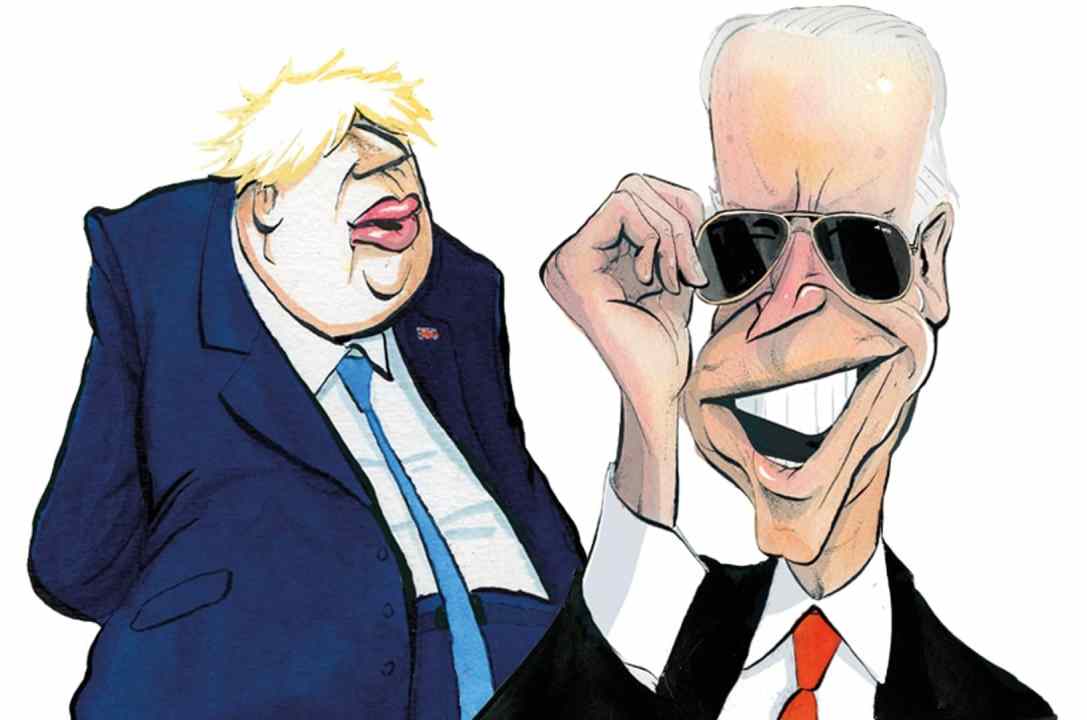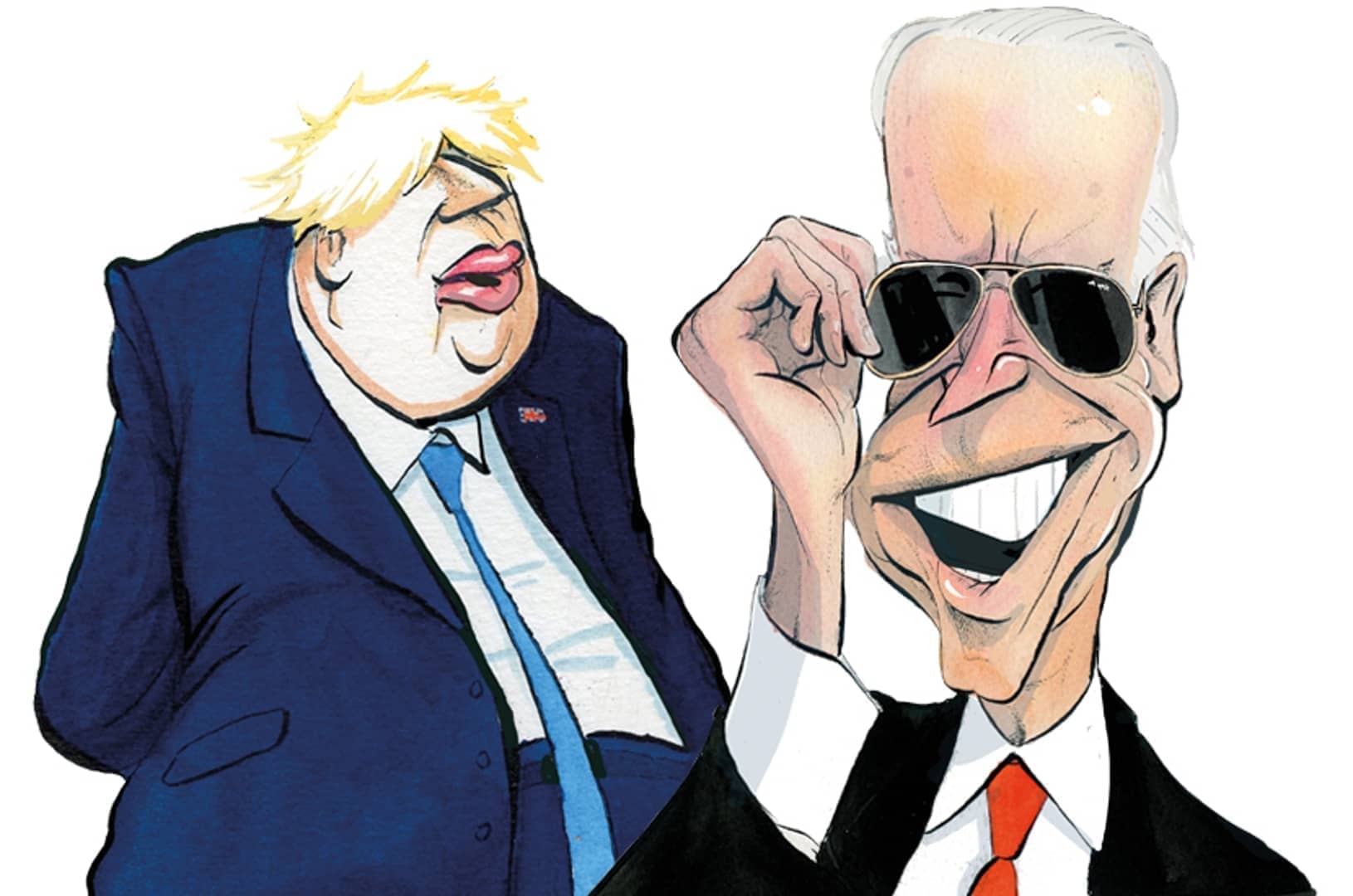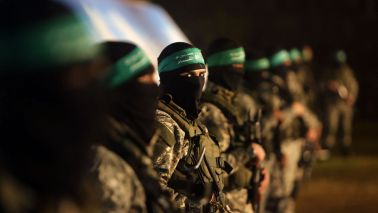There has been a subtle change of tone from Joe Biden and Boris Johnson about the likelihood of a Russian invasion of Ukraine. It has gone from ‘highly likely’ to ‘there may be a diplomatic solution’ — or from ‘almost all hope lost’ to ‘chink of hope’.
So from where does that hope emanate? Largely, I am told, from noises out of Ukraine that its government is moving towards a public statement that although it retains the right to join the Nato western defence alliance, it will commit to not consider applying for at least ten years.
The US president and UK prime minister are keen to encourage, through diplomatic channels, such a statement from Ukraine’s President Volodymyr Zelensky.
Johnson told the American president the UK wanted to do everything it could to help, and Biden responded ‘we’re not going anywhere without you pal’
They hope that this would remove any powerful motive for Putin to move his 140,000 troops encircling Ukraine across the border, and begin a conflict that would probably endure for years, would be hugely costly in lives and Russian living standards, and for which Russian people have not been prepared.
Apart from anything else, Putin has already secured one important gain (in his terms) from threatening the integrity of the Ukrainian state: Biden, Johnson and EU leaders have tacitly accepted that Crimea, the region of Ukraine he illegally annexed in 2014, is now permanently part of Russia.

Get Britain's best politics newsletters
Register to get The Spectator's insight and opinion straight to your inbox. You can then read two free articles each week.
Already a subscriber? Log in









Comments
Join the debate for just £1 a month
Be part of the conversation with other Spectator readers by getting your first three months for £3.
UNLOCK ACCESS Just £1 a monthAlready a subscriber? Log in